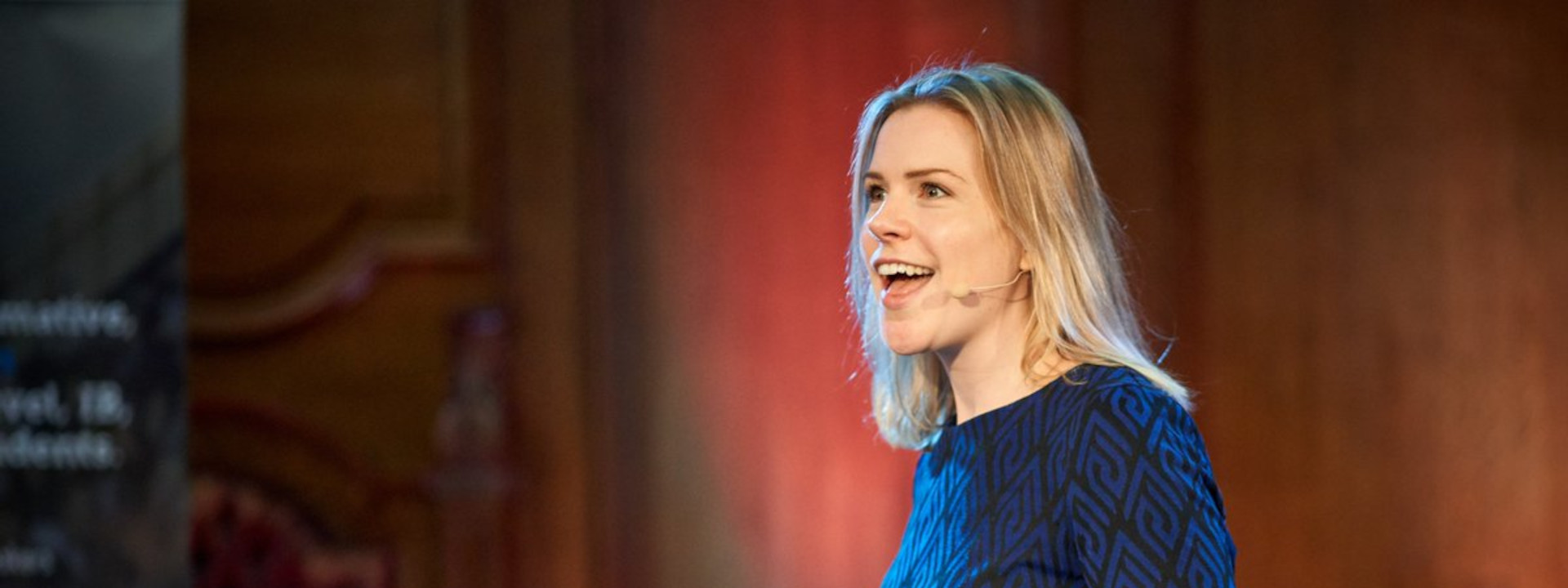Beth is using chemistry to make PFAS-contaminated groundwater clean again.
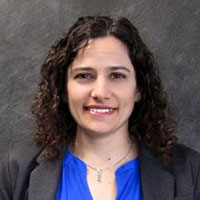
GHD has been leading the response to Per- and Poly-Fluoroalkyl Substances (PFAS) as an emerging contaminant globally for more than 10 years. Working closely with Revitalizing Auto Communities Environmental Response (RACER) Trust and Clarkson University, Beth and a team of GHD engineers and scientists have been investigating the viability of alkaline ozonation on removing and destroying PFAS present in groundwater at industrial sites.
Andrew is helping Australia’s largest water utility provider make smarter decisions about the future.
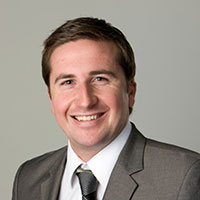
He developed a geospatial water planning tool that automatically produces baseline integrated water servicing concepts, growth forecasts, system generation, asset sizing, and cost estimation. By aggregating multiple data sources into one intuitive platform, Andrew has reduced potential modeling time from weeks to minutes.
Aoife demystified social distancing for our clients and helped the UK get back to gathering.
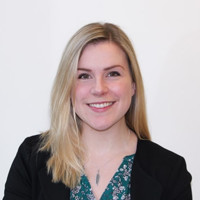
In the wake of COVID, she pioneered a new service to help organisations respond to unprecedented people flow challenges. Aoife and her team used science, spatial engineering, modelling and simulations to help our clients understand how people could still move safely around public venues while reducing the risk of virus transmission. The team are now working with the UK government's Event Research Program, assessing more than 30 sports, music and cultural events to feed into government decision-making.
Erin put the community’s aspirations at the heart of how people get around.
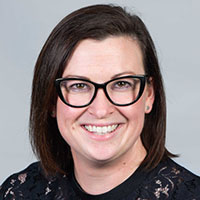
She worked alongside the Tasmanian Department of State Growth and the City of Launceston to create an integrated decision-making tool that could change the game for urban planners: a Place and Road Safety focussed Network Operating Plan. Erin is continuing to innovate the approach for urban and rural areas alike and if adopted, this tool could provide a framework for building modern transport networks that prioritise health, safety, and the meaningful use of culturally and socially important spaces.
Ali is destroying the indestructible.
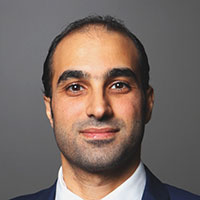
He’s been working in partnership with University of Queensland, Queensland Health, Urban Utilities, Airservices Australia, and MemTech to pilot an end-to-end solution for PFAS removal and destruction at a wastewater treatment plant site in Queensland. This innovative solution involves using electrochemical treatment technology to break down the ubiquitous and dangerous compounds. The project was successful in securing nearly AUD3 million in research funding.

